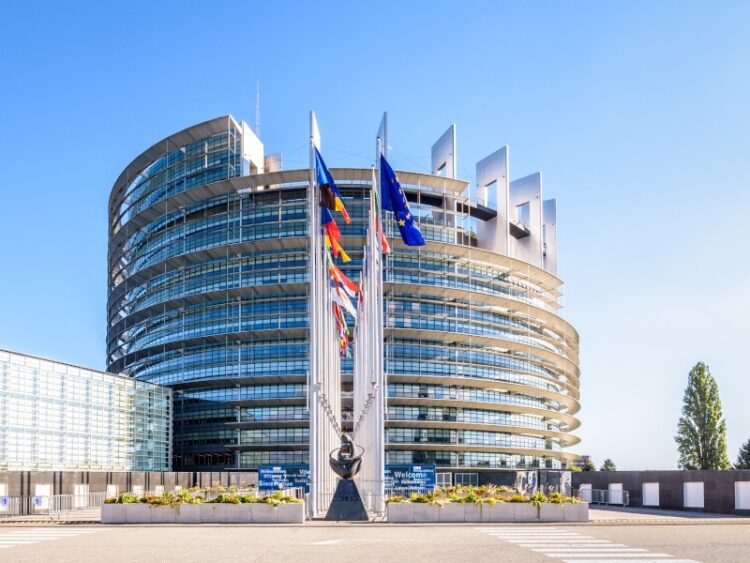A timeline has now been set for member states to begin enforcing these rules and Ireland is seeking public feedback on how the Act should be implemented.
The EU’s landmark AI Act has passed its final challenge, as the European Council has given these rules the green light to be implemented.
The council’s decision means the legislation is being published in the EU’s Official Journal and will enter into force next month. Most aspects of the regulation will apply two years after its entry, giving countries and businesses time to prepare.
The AI Act is arguably the most robust and detailed form of AI regulation in the world, which aims to deal with this rapidly growing technology by using a risk-based approach – higher risk adoptions of AI will be met with stricter rules.
Certain AI systems are banned entirely, such as social scoring or behavioural manipulation, while there are strict rules around the use of biometric data. To ensure organisations use AI properly, various governing bodies will be set up such as an AI office to enforce the Act, a scientific panel of AI experts and an AI board consisting of member state representatives.
Larger companies that breach the AI Act’s rules can be fined a percentage of global annual turnover, while SMEs that breach the act will be subject to “proportional administrative fines”. Belgian secretary of state for digitisation Mathieu Michel said the adoption of this Act is a “significant milestone” for the EU.
“This landmark law, the first of its kind in the world, addresses a global technological challenge that also creates opportunities for our societies and economies,” Michel said. “With the AI act, Europe emphasises the importance of trust, transparency and accountability when dealing with new technologies.”
Following the council’s approval of the AI Act, Ireland’s Department of Enterprise, Trade and Employment said it will lead the country’s implementation of these rules. It has also launched a public consultation to inform Ireland’s approach to implementing the Act.
Minister for Enterprise, Trade and Employment Peter Burke, TD, said the AI Act strikes an “important balance” between boosting innovation and supporting the adoption of AI, while “ensuring that this takes place in an ethical and responsible way”.
“As the first such regulation in the world, it will likely set the standard for AI regulation in other jurisdictions,” Burke said yesterday (21 May). “An ambitious timeline has been agreed in relation to the obligations set out under this Act, and a public consultation is being launched today to ensure all voices are heard. I would urge all interested parties to participate.”
The Act has faced some criticisms, however, particularly from the EU’s Pirate Party which was vocal for months about the Act allowing member states to use biometric surveillance – such as facial recognition technology.
Dr Kris Shrishak, a technology fellow at the Irish Council for Civil Liberties, told SiliconRepublic.com earlier this year that the AI Act “does not set a high bar for protection of people’s rights”. He also claimed that the Act relies too much on “self-assessments” when it comes to risk.
Find out how emerging tech trends are transforming tomorrow with our new podcast, Future Human: The Series. Listen now on Spotify, on Apple or wherever you get your podcasts.
Source link : https://www.siliconrepublic.com/machines/eu-ai-act-enters-force-ireland-public-consultation
Author :
Publish date : 2024-05-22 03:00:00
Copyright for syndicated content belongs to the linked Source.
